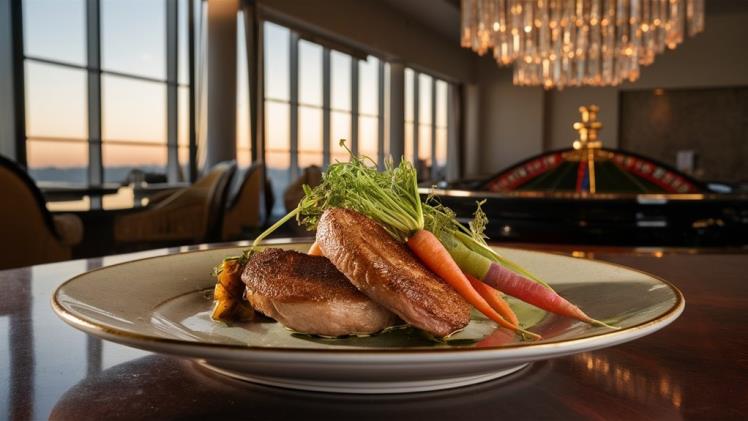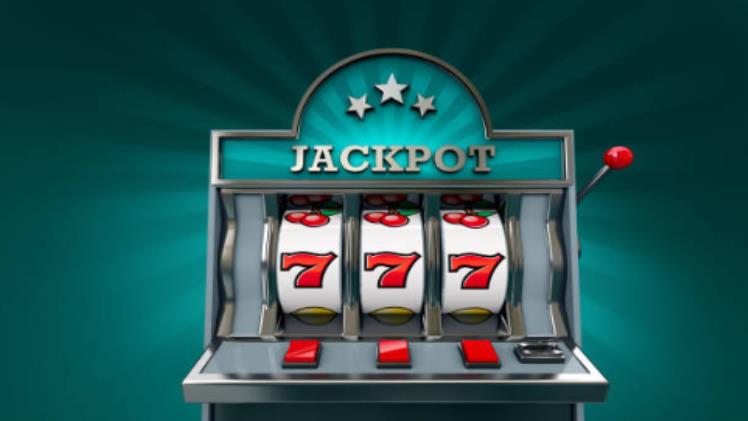Casino venues are not just centers of gaming excitement—they are also destinations for fine dining and premium hospitality. As guests enjoy diverse menus across buffets, steakhouses, and specialty restaurants within these establishments, the importance of food safety cannot be overstated. One critical measure that upholds culinary integrity is food fraud verification (먹튀 검증). This process helps ensure that ingredients are genuine, accurately labeled, and safe for consumption, thereby protecting guests and maintaining the venue’s reputation.
Understanding Food Fraud in Hospitality Settings
Food fraud refers to the intentional misrepresentation or substitution of food products for financial gain. Common examples include selling lower-quality fish labeled as premium cuts, diluting olive oil, or substituting meat types. In a casino environment where luxury and high standards are expected, such practices can quickly lead to customer distrust and legal consequences.
Given the scale of food procurement in casinos—which often serve hundreds or thousands of meals a day—the risk of receiving fraudulent or mislabeled goods increases. Vendors may pass off inferior products as premium items, and without proper verification systems, these could reach guests unnoticed.
Why Verification Matters in Casino Kitchens
Casino restaurants typically promise a top-tier dining experience. To deliver on this promise, chefs and kitchen managers must be confident in the authenticity of their ingredients. Food fraud verification uses a combination of documentation checks, supply chain audits, and laboratory testing to confirm that ingredients match their stated identity.
For instance, DNA testing can verify the species of fish being served, ensuring that a dish advertised as wild-caught salmon is not, in fact, a cheaper alternative. Similarly, chemical analyses can detect dilution in juices, oils, or alcoholic beverages. These methods protect not only the casino’s brand but also the health of diners with allergies or dietary restrictions.
Building Supplier Accountability
Food fraud verification also enhances supplier accountability. When casinos implement strict sourcing standards and verification protocols, they send a clear message to vendors: only high-quality, verified products are acceptable. This proactive stance encourages transparency across the supply chain and discourages fraudulent practices before they reach the kitchen.
Reliable verification systems include traceability tools that allow procurement managers to track products from their origin to delivery. This ensures that items claiming to be organic, locally sourced, or sustainably harvested meet those standards in reality.
Reassuring Guests Through Transparency
In an era where consumers are increasingly conscious of what they eat, providing transparency can become a competitive advantage. Casino venues that adopt food fraud verification as a routine practice can build guest confidence. Some establishments go a step further by sharing sourcing information on menus or via digital displays, offering a look behind the scenes of their culinary process.
This approach resonates particularly well with high-end clientele who expect premium service across all aspects of their casino visit. Ensuring food integrity aligns with the wider hospitality goal of offering not just entertainment but a safe and satisfying experience.
Conclusion
Food fraud verification plays a vital role in upholding safety, trust, and excellence within casino dining venues. As hospitality standards continue to evolve, embracing these practices helps protect guests and the brand alike. Through consistent ingredient authentication and supply chain monitoring, casino restaurants can ensure that every meal served meets the expectations of quality, authenticity, and safety.







